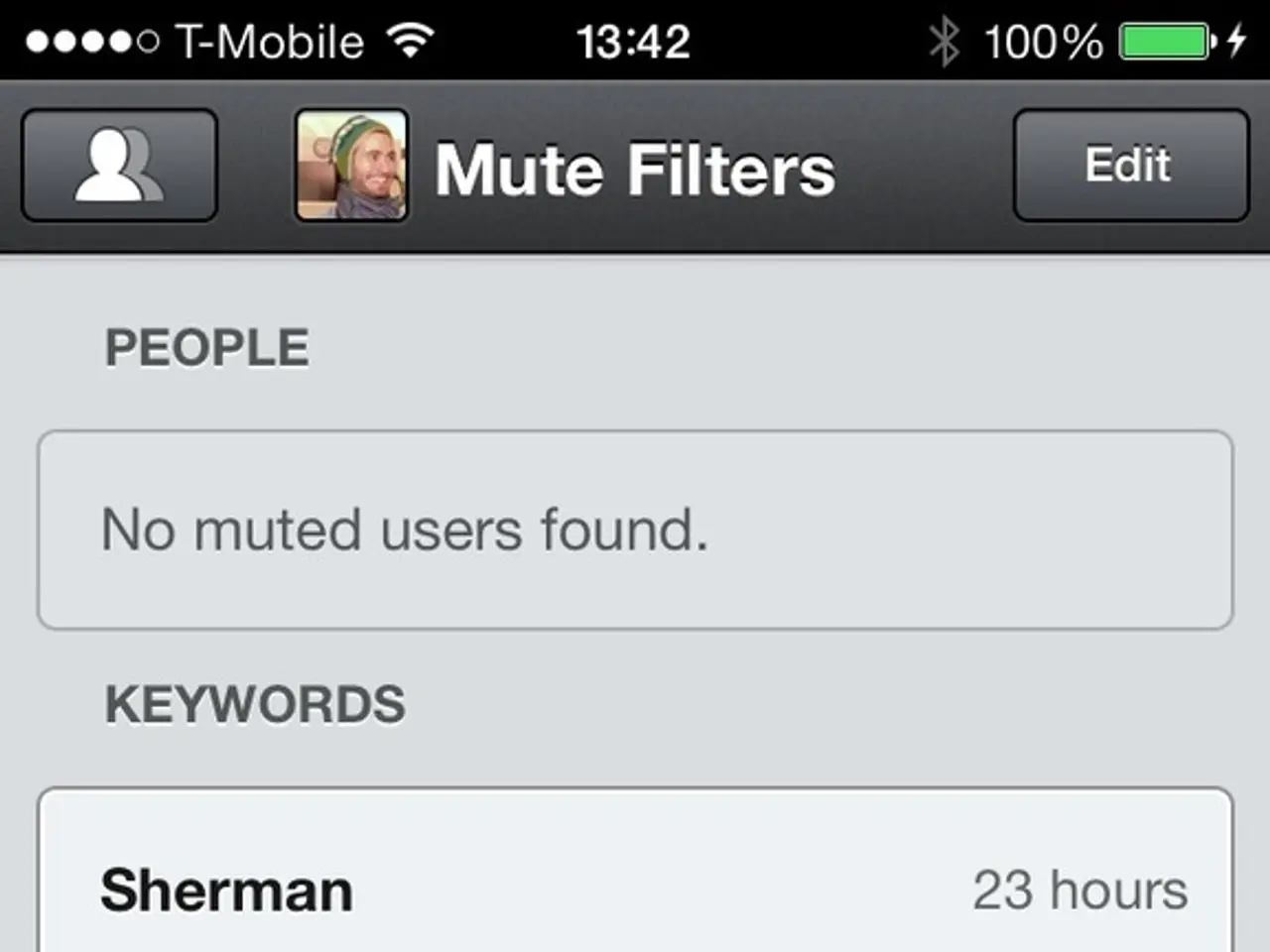Guiding Financial Technologies for African Small Enterprises to Monitor Carbon Output and Obtain Sustainable Funding
In the dynamic landscape of Africa, small and medium enterprises (SMEs) play a pivotal role, contributing up to 90% of employment and over 50% of the GDP. However, a significant portion of these businesses still operate without digital tools, with over 40% doing so [1]. As the world grapples with climate change and the need for sustainability becomes increasingly urgent, there is a growing need to extend the functionality of fintech tools to include environmental impact tracking.
Enter the fintech ecosystem, rapidly evolving with mobile-first and data-driven solutions. These solutions can be adapted for green finance and carbon tracking initiatives, especially given the increasing emphasis on ESG (Environmental, Social, Governance) criteria globally.
One such solution is the Msitu Africa Carbon Alliance, which offers Africa's first Climate Smart API. This API enables businesses to track and offset their carbon emissions through local projects [2]. The direct carbon footprint tracking and offsetting via this API is a crucial step toward accessing green finance.
Another fintech company, OZÉ, based in Ghana, provides digital tools that help small businesses track sales, expenses, and customer information with data analysis and machine learning. Although OZÉ mainly focuses on financial management and credit scoring for SMEs, its data-driven approach and push for affordable capital indirectly support businesses aiming to become more sustainable and access financing aligned with environmental goals [5].
Prominent fintech players like Carbon in Nigeria focus largely on digital lending, payments, and investments but currently do not explicitly provide carbon emission tracking services. However, their digital financial services contribute to the broader financial inclusion environment necessary for scaling green finance [1][4].
The potential and responsibility to bridge the gap in carbon accounting tools for small enterprises lie with the fintech sector. Tech providers that offer plug-and-play emissions reporting for SMEs will find themselves in high demand. Small businesses that can report and verify emissions will become eligible for incentives and support as grant funding, climate-linked development finance, and carbon markets grow.
Mobile fintechs can help African small businesses become part of the green transition by embedding emissions tracking into mobile financial services. This would empower them with the data needed to attract green finance, meet regulatory expectations, and operate more sustainably. Mobile fintech can integrate simple carbon tracking features that align with a business's spending, inventory, and operational data.
As Africa moves towards a climate-smart, inclusive economy, fintechs can unlock new business models and partnerships, accelerating this transition. African SMEs, operating informally and outside traditional sustainability reporting structures, risk exclusion if they do not adapt to the green transition. Mobile fintech offers a solution for these small businesses to track their carbon emissions.
| Solution/Company | Service Focus | Support for Carbon Tracking/Green Finance | Geographic Focus | |---------------------------|----------------------------------------------------------------|-----------------------------------------------------------|-------------------------| | Msitu Africa Carbon Alliance | Climate Smart API to track and offset carbon emissions | Direct carbon footprint tracking and offsetting via API | Africa-wide (API based) | | OZÉ | Business financial management with data analytics | Business data tracking that supports credit scoring; indirect impact on green finance access | Ghana | | Carbon | Digital lending, payments, investments, credit scoring | No explicit carbon tracking, but promotes digital financial inclusion | Nigeria, Kenya, Ghana |
As countries like Kenya, South Africa, Ghana, Morocco, and Egypt set ambitious targets for reducing greenhouse gas emissions, the need for fintech solutions that support carbon tracking and green finance becomes even more crucial. With internet penetration rates varying across the continent, from 32.7% in Kenya [3] to approximately 91% in Morocco [4], there is a significant usage gap remaining in internet penetration despite having many mobile internet subscriptions.
In conclusion, the fintech sector has a vital role to play in helping African SMEs navigate the green transition. By offering carbon tracking tools and integrating sustainability metrics into their platforms, tech companies can attract business from governments, NGOs, and green finance institutions. African businesses can reduce their environmental footprint by adopting greener practices and demonstrating their efforts through measurable data. The future of green finance in Africa lies in the hands of fintech solutions.
References: [1] World Bank Group. (2021). Africa's Digital Transformation. Retrieved from https://www.worldbank.org/en/topic/digitaldevelopment/brief/africas-digital-transformation [2] Msitu Africa Carbon Alliance. (n.d.). Africa's First Climate Smart API. Retrieved from https://www.msituafrica.com/carbon-alliance [3] Internet World Stats. (2023). Kenya Internet Users and Population Statistics. Retrieved from https://www.internetworldstats.com/asia/ke.htm [4] Internet World Stats. (2024). Morocco Internet Users and Population Statistics. Retrieved from https://www.internetworldstats.com/me/ma.htm [5] OZÉ. (n.d.). Business Loans for Small Businesses in Ghana. Retrieved from https://www.oze.com/ghana
- The Msitu Africa Carbon Alliance's Climate Smart API enables Africa's businesses to track and offset their carbon emissions, making them eligible for green finance.
- OZÉ, a fintech company based in Ghana, offers digital tools for small businesses to manage finances, although its data-driven approach indirectly supports businesses aiming to become more sustainable.
- Carbon, a significant fintech player in Nigeria, focuses on digital lending, payments, and investments but does not currently offer carbon emission tracking services.
- As Africa moves towards a climate-smart economy, mobile fintech solutions can help small businesses track their carbon emissions, addressing a critical need in carbon accounting tools and ensuring access to green finance.




